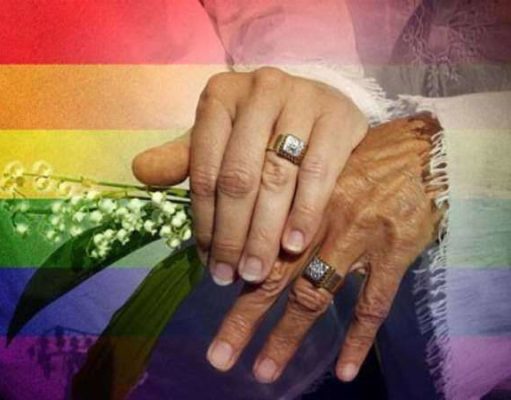Seniors and Social Issues Explained

As an individual ages, he/she not only suffers from the deterioration of his/her mental and physical health, but he/she is often at the center of numerous social issues that surround the elderly. In many cases, elderly individuals lose the majority of their privileges and are stripped of their independence. This often has serious implications for an individual’s psychological health, as it limits his/her ability to take part in the activities that he/he once enjoyed.
A common misconception regarding the elderly is that they maintain a very minimal social existence. Human beings are social creatures, regardless of their age, and therefore, it is important that they maintain the ability to socialize with other people.
However, as an individual’s health continues to deteriorate, he/she may slowly lose the ability to socialize and may be confined to his/her home. Often, elders who are enduring the aging process suffer from depression, coupled with the inhibition to ask for assistance completing important tasks. In some instances, medical conditions will cause an elder to suffer from severe pain and discomfort.
Extensive debate has arisen regarding the best way to address these social issues.In a world that full of prejudice and discrimination, it is difficult for any individual to admit that he/she is gay. This is true regardless of his/her race, ethnicity, or age. However, gay seniors often experience problems and complications that the younger generation does not have to address. In general, the younger generations are more accepting and open-minded than their elders.
Elderly individuals grew up being taught that homosexuality is unacceptable and immoral. In many cases, they have been conditioned to perceive this practice to be abominable.Therefore, it is often difficult for gay seniors to confide in their friends and family about their sexuality. They often face more severe and frequent discrimination than younger individuals, because their peers are generally less accepting of homosexuality. One of the primary concerns faced by gay seniors is the lack of legal and financial protection that they are offered in comparison with heterosexual couples.



















